
Read or listen offline
Amazon KindleRecommendation
Gertrude Stein observed of Ezra Pound that he was a village explainer, and very good to have around if one happened to be a village. Simon Blackburn merits the same level of praise. This book’s stated intention is to give readers some sense of how philosophers approach the really big questions of knowledge, free will, God, reasoning, and so on. That’s a tall order. The book is better appreciated as a chrestomathy of thought-provoking quotations and asides. Its strongest points are its useful tips on formulating and analyzing arguments. Incidentally, the politically correct reader will be delighted at Blackburn’s bows to gender-neutral language, his digs at the religious right and his sly elbow in the dead ribs of Edmund Burke. getAbstract recommends this book for anyone interested in philosophy but short of time, or merely out to impress friends, colleagues and clients by dropping names of celebrity philosophers into conversations or sales pitches.
Summary
About the Author
Simon Blackburn is Edna J. Koury Distinguished Professor of Philosophy at the University of North Carolina. He was a Fellow and Tutor at Pembroke College, Oxford from 1969 to 1990. His books include the Oxford Dictionary of Philosophy He edited the journal Mind from 1984 to 1990.








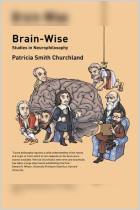
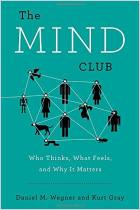
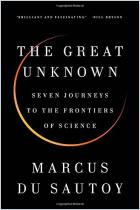
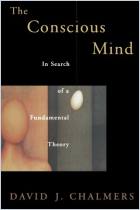
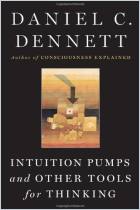
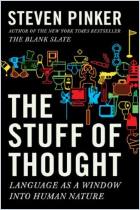

Comment on this summary or Démarrer une discussion